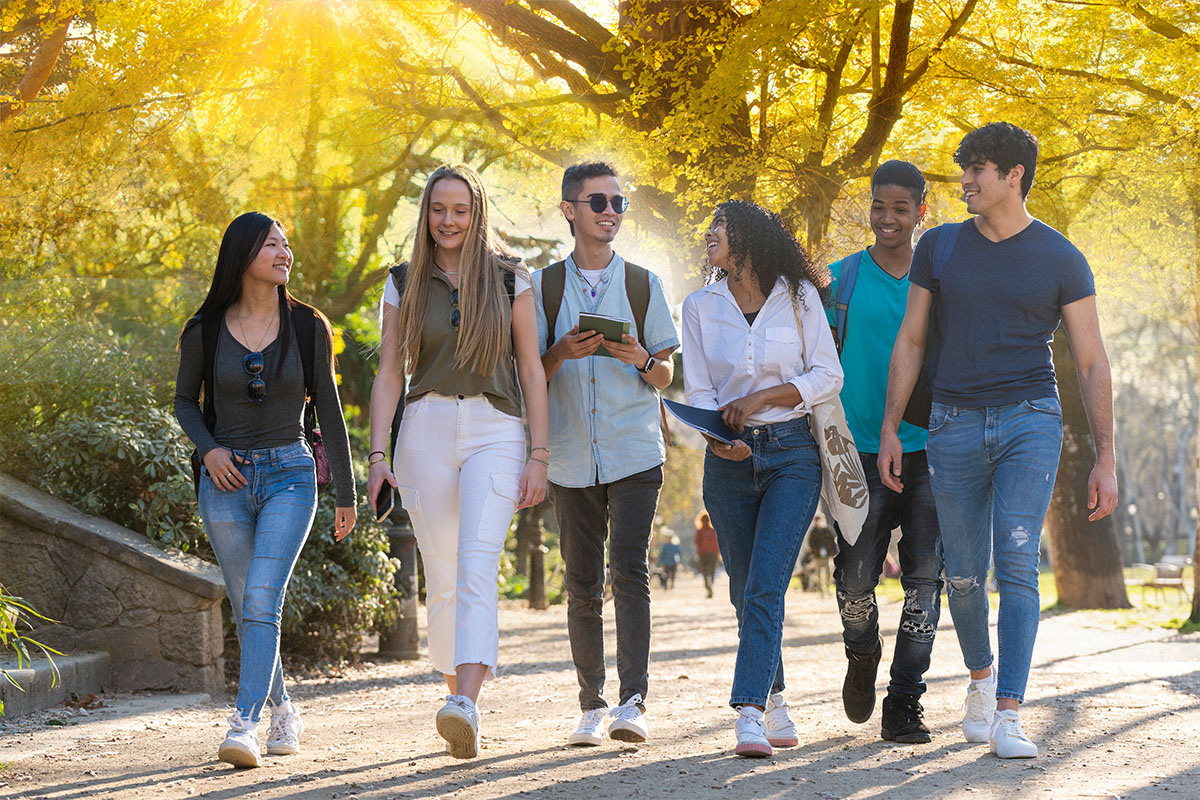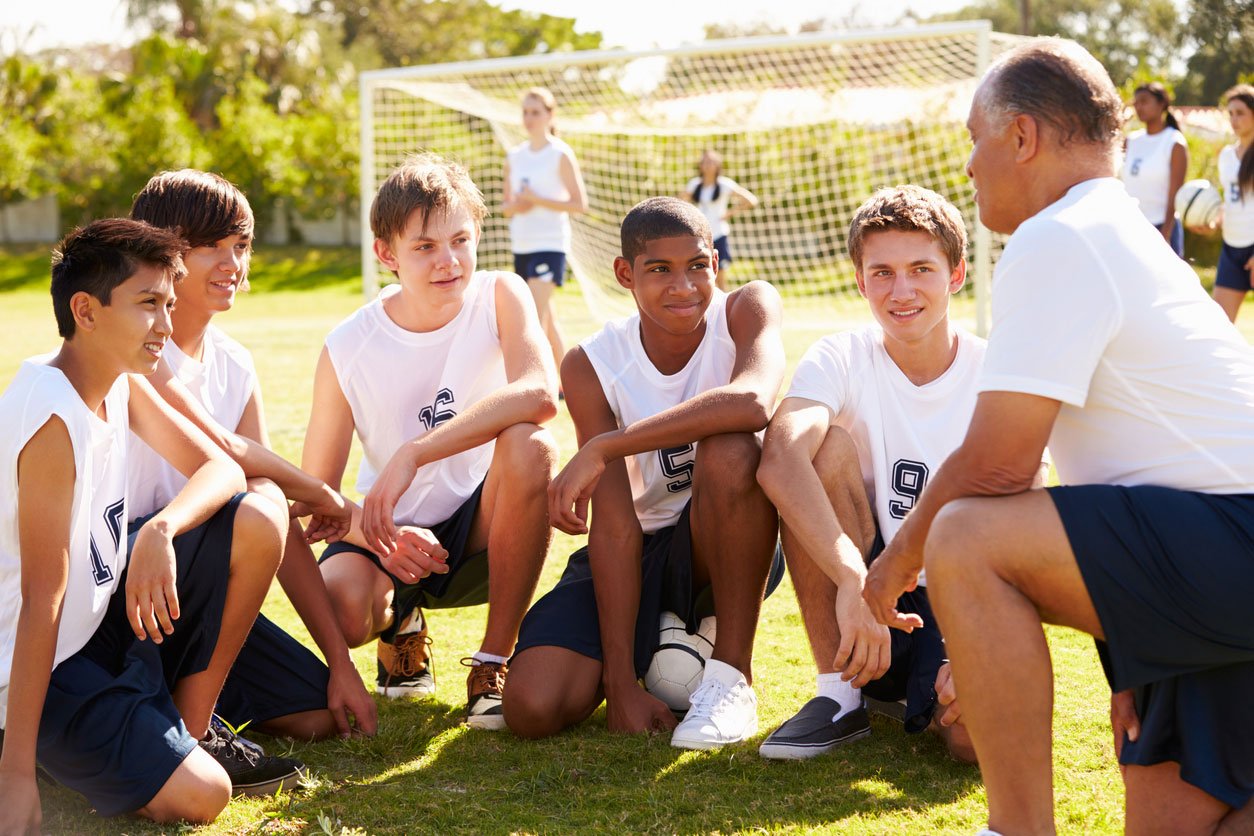Blog
What’s Missing in This Year’s Campaign Debates About Education
As a political junkie who works with and studies schools, I pay attention to what politicians say should be done to improve education. This year, as general election campaigns go into high gear, I hear a lot of talk about promoting school choice, increasing funding, reducing testing, reforming curriculum, emphasizing accountability, implementing teacher evaluation, promoting social-emotional learning, and strengthening school security.
All of those initiatives are worthy of debate. But our political discourse about education rarely touches on a factor that will powerfully influence the degree to which any of them succeed: relationships.
The quality of the connections that students form at school might seem too fluffy to merit discussion on the campaign trail, but it belongs there. Relationships are the “active ingredient” (like fluoride in toothpaste or yeast in bread) in classrooms and schools that successfully engage all students. That is especially true for students who must overcome barriers such as poverty and racism to thrive in school and in life. As researcher Lisa Delpit has written, “Many of our children of color don’t learn from a teacher, as much as for a teacher.”
Despite the indispensable role that studies show teacher-student relationships play in shaping educational performance, strengthening them has rarely been a policy or political priority. (An exception to that rule might have been the debates over reducing class sizes that took place in the 80’s, 90’s and early 2000’s – an issue that unfortunately doesn’t attract much attention today.)
Instead, as researchers Junlei Li and Megan Julian persuasively argued, in recent years our efforts to improve youth outcomes in schools and programs have focused on the “inactive ingredients” in our education system, such as curriculum and accountability. Those things matter, but advancing them without also advancing strategies to strengthen relationships is like brushing your teeth with toothpaste that contains no fluoride.
And so what could politicians do to activate the active ingredient of relationships in our nation’s schools? Two practical and relatively affordable possibilities come to mind.
First, they should support changes in teacher preparation and professional development. Those changes should provide educators with techniques and tools that help them build what my colleagues and I at Search Institute call developmental relationships. Our research is showing that a developmental relationship includes the expected element of expressing care, but it also extends beyond that to encompass four other essential elements: challenging growth, providing support, sharing power, and expanding possibilities.
We are learning that when young people experience developmental relationships that include those five elements, they are more likely to be motivated to learn, which shows up in higher GPAs. We are now developing and testing techniques and tools that help teachers (and also staff in out-of-school time programs and parents) build relationships that build social-emotional competencies and contribute to measurable improvements in outcomes.
The second thing that our political leaders could do to activate the active ingredient of relationships is to provide schools with valid and reliable data on the ways students interact with educators and with each other. Through a federally funded research-practice partnership, for example, Search Institute recently provided educators at a diverse middle school with data that show that the relational actions that most influence their students’ motivation to learn are expressing care and providing support. Through the same project, we provided educators at a high school in the same district with data that show the relational action that best predicts their students’ academic motivation is sharing power, or providing students with voice and choice. In the year ahead, we will be working with teachers and administrators at both schools to help them act on the insights that have emerged from the data.
In general, it’s not a good idea to conclude with a negative point, but I’d like to emphasize what a political initiative to strengthen teacher-student relationships would not include or endorse. It would not frame a false choice between relationships and rigor, thus diminishing the importance that schools place on helping all students master high-level academic knowledge and skills. Rather than distracting from improving student achievement, relationships bring learning to life. Our political leaders should give them the time, attention, and resources they deserve.


